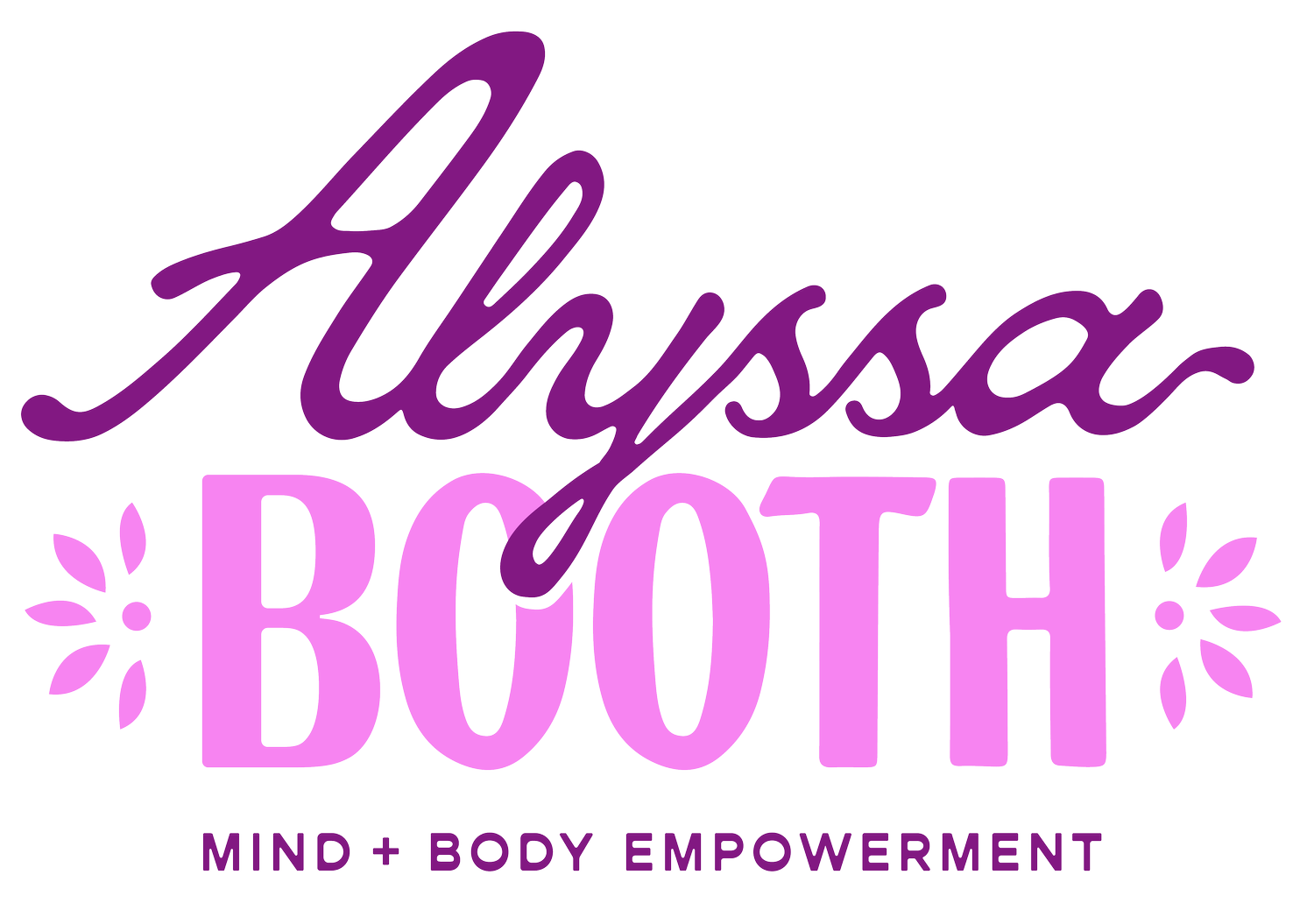Why Are Comfort Foods Comforting? (And Why That's Okay)
When you think of comfort food, what types of food come to mind?
Maybe it’s something you grew up eating, your favorite salty snack or savory dessert. Perhaps it's something crunchy, something warm and cozy, or a meal that instantly reminds you of a certain safe time or place.
Let me guess. Your comfort food isn’t kale? (No shade to kale, but it rarely hits the same spot!)
The reality is that food IS comforting, and it’s a biological imperative. Think of how a baby initially bonds: eating, being held close, feeling warmth. That experience wires us for life.
In addition, the act of eating releases "feel good" hormones in our brain that activate the pleasure and reward pathways. Our nervous system is wired for survival, and food registers as safety. Basically, the brain says, “This is good, remember to do this again.”
It is normal to want comforting things when you are emotionally distressed. So, things that feel good seem more desirable—and that includes food!
The real problem isn't the food; it's the shame that gets layered onto "emotional eating."
There is nothing inherently wrong with using food to cope.
Coping Using Comfort Items (Mindfully)
Using comfort items, including food, is about regulating your nervous system and finding a moment of reprieve. The importance of coping is to be mindful of what you are doing, not to banish the behavior.
Food: Using food is NOT a bad thing. Using food to cope does not mean going on a binge; it means mindfully tuning into your craving and choosing to honor it without judgment.
TV Shows/Movies: Watching a familiar show or movie that evokes happy emotions or provides a comforting dose of nostalgia.
Warm Fuzzies: Yes, warm fuzzies! This includes a cozy blanket, soft pajamas, a weighted eye mask, or anything that feels grounding and safe to the touch, providing sensory regulation.
Music: Listening to music you love, or something that can help you release emotions. Music that reminds you of a happy time in your life—hello, early 2000s rap!—is an instant nervous system boost.
Intentional Self-Care: Think of the classic self-care rituals: a hot bath, lighting a candle, or a face mask. When we are emotional, we need to be able to take care of ourselves really well!
Finding ways to cope is about finding things that make us feel safe and regulated. One thing to remember is that comfort food IS comforting, and there is nothing wrong if you crave those sweet or savory foods that make you feel good.
Give yourself permission to use them, and permission to find other ways to cope with emotions too!
To help you break the cycle of shame and truly heal your relationship with food and your body, explore my coaching programs and find the support you need.
